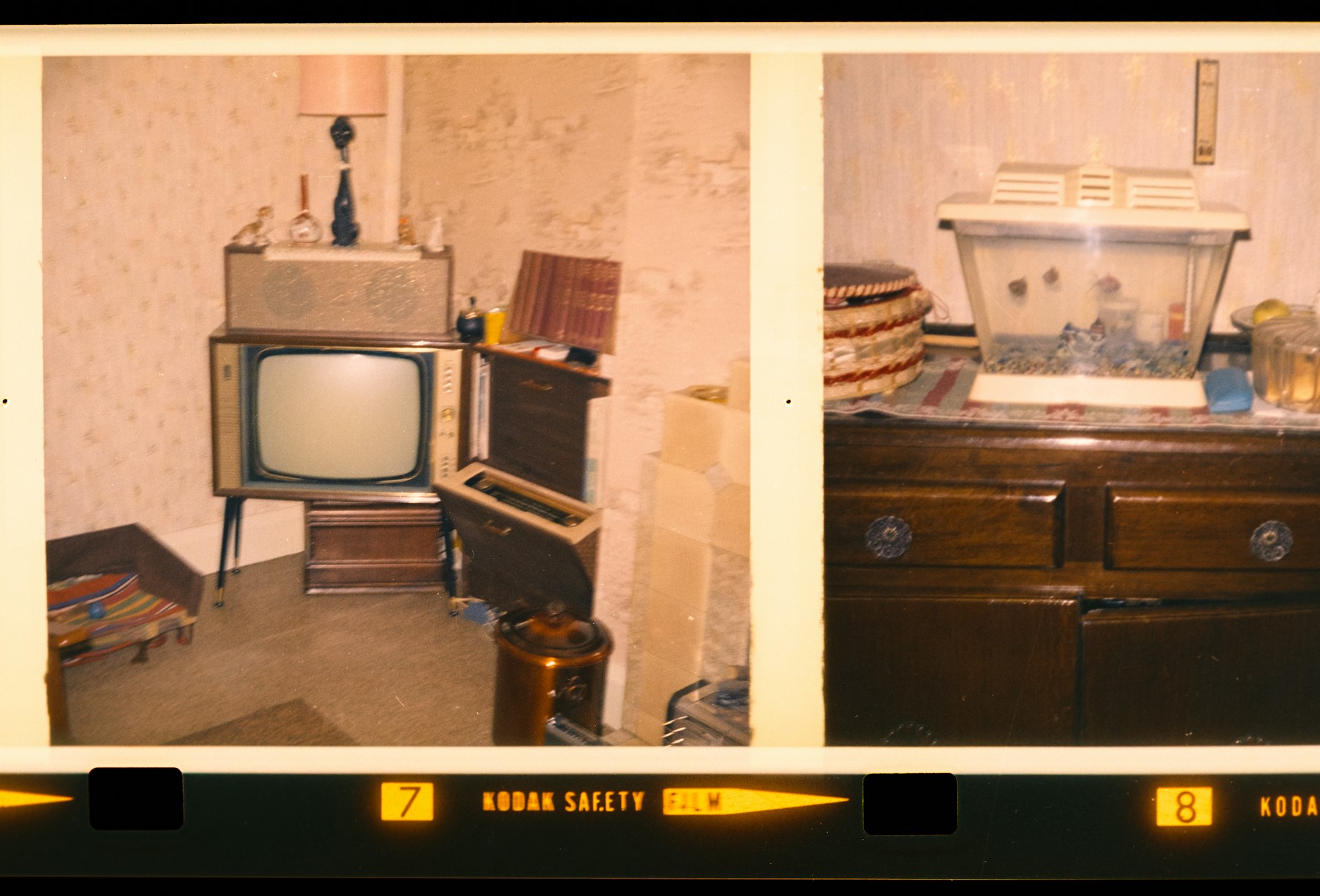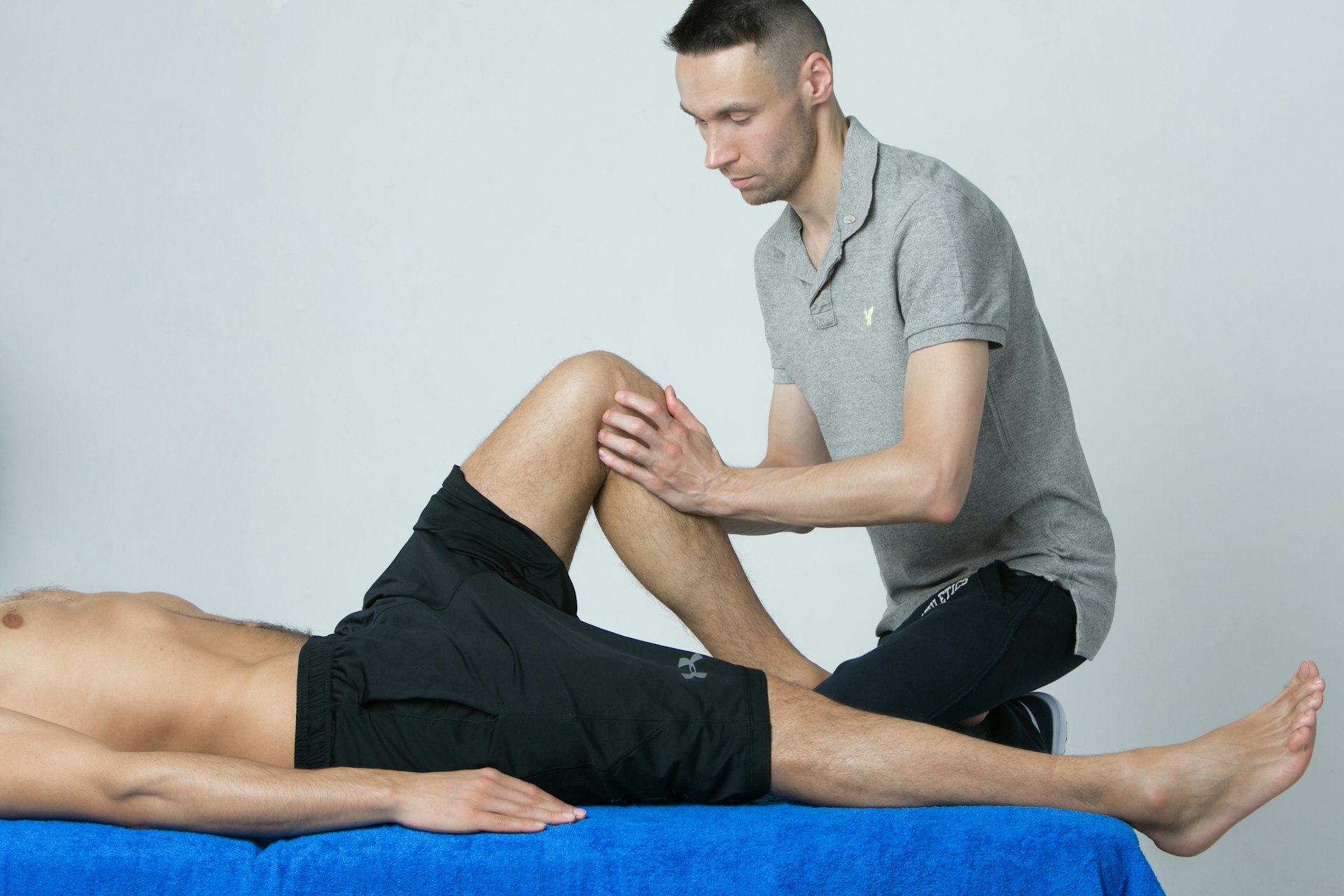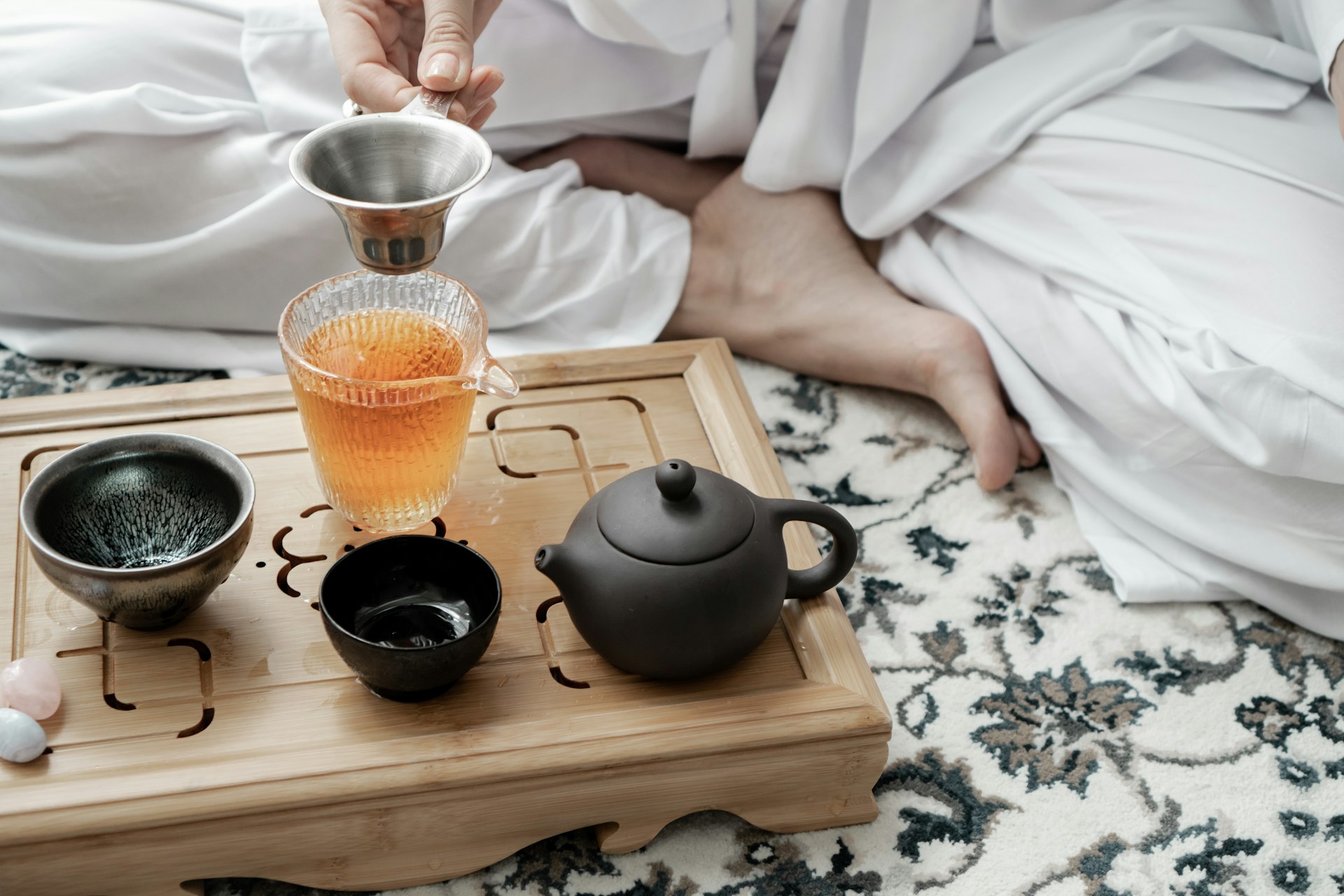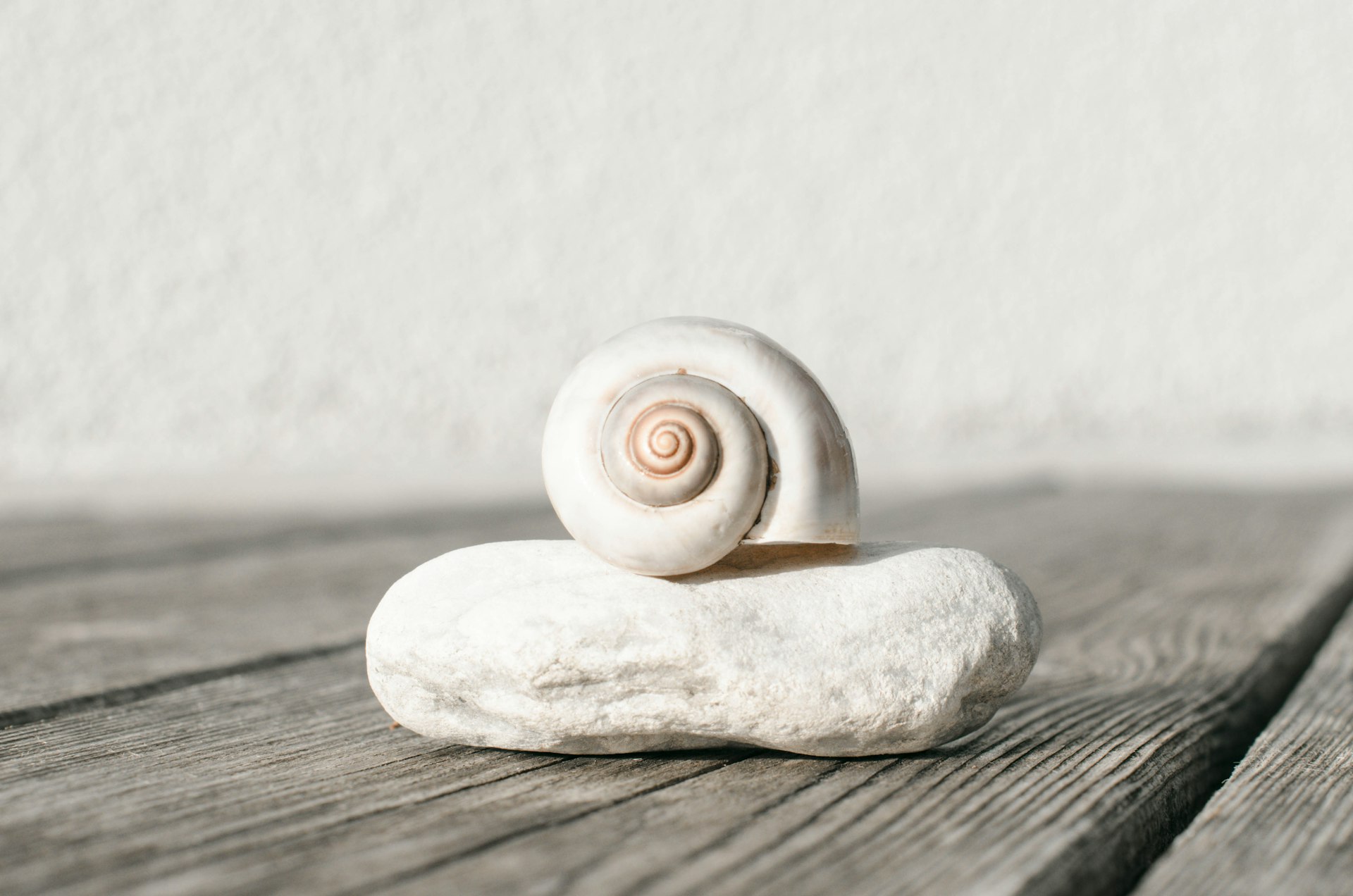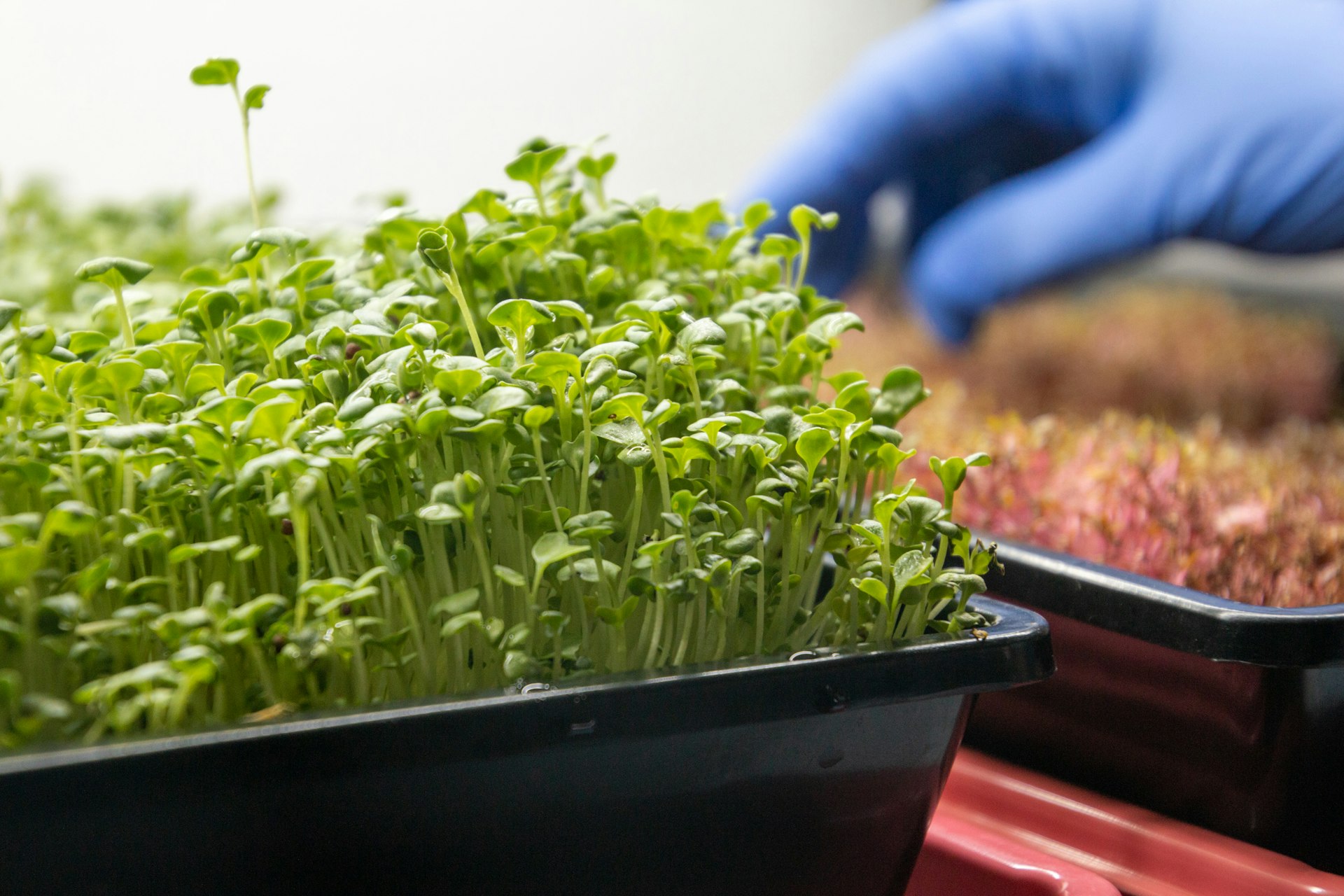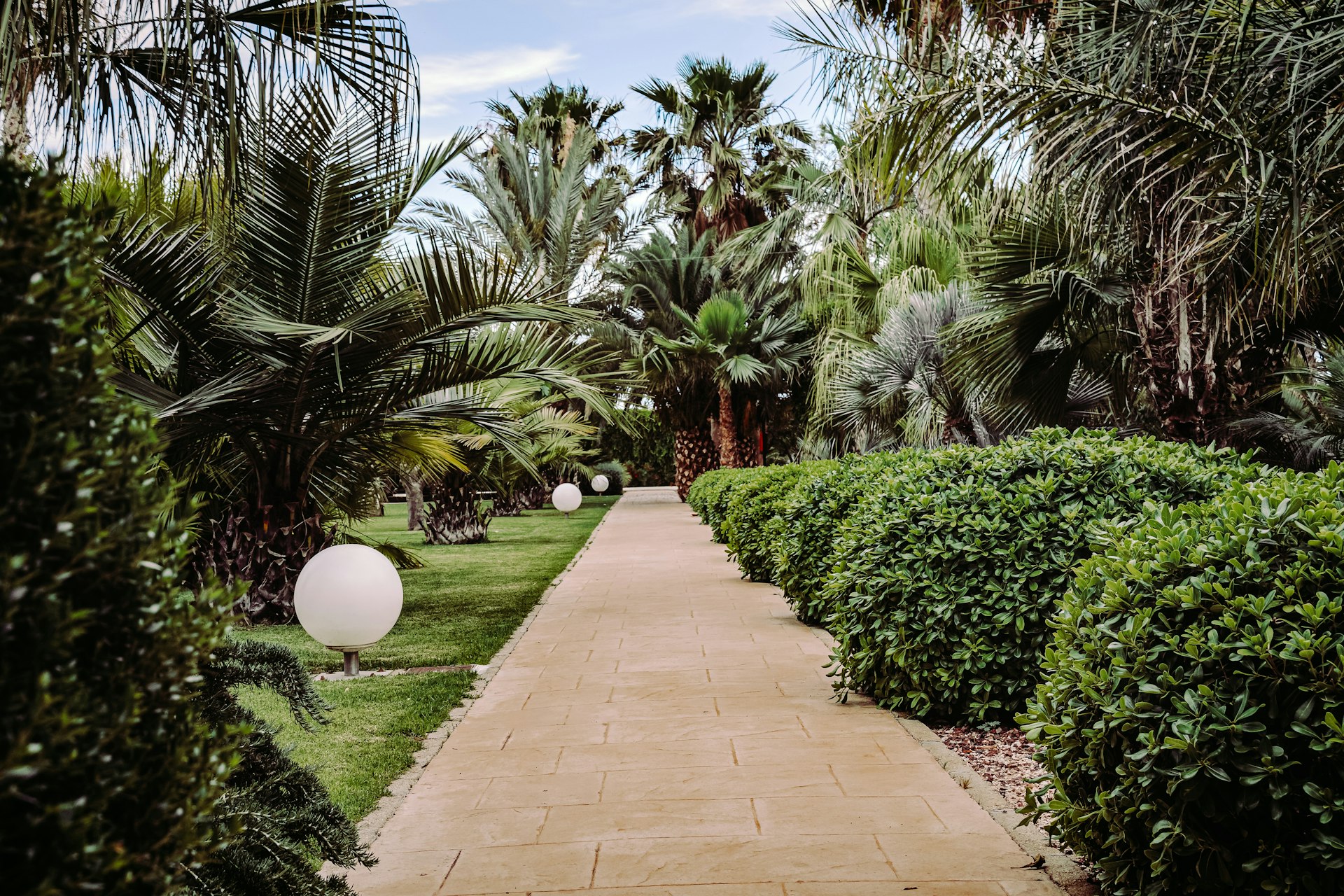Unlocking Lasting Well-Being: The Practical Impact of Mindfulness in Everyday Life

Photo by Markus Winkler on Unsplash
Introduction: Why Mindfulness Matters Now More Than Ever
Modern life is fast-paced and often overwhelming, making it easy to become trapped by stress, anxiety, and distractions. Mindfulness – the practice of paying nonjudgmental attention to the present moment – offers a powerful, evidence-based pathway to greater calm, clarity, and well-being. Research shows that regular mindfulness practice can lead to significant improvements in mental, emotional, and physical health, making it an essential tool for thriving in today’s world [1] [2] .
Core Benefits of Mindfulness in Daily Life
Reducing Stress and Anxiety
One of the primary benefits of regular mindfulness is a measurable reduction in stress and anxiety. Mindfulness helps you notice thoughts and feelings without becoming overwhelmed by them. By directing attention to the present, you activate the body’s relaxation response, which can lower stress hormones and ease anxiety. Techniques such as mindful breathing and body scanning have been shown to calm the nervous system and help individuals respond to challenges with greater balance [1] [2] . Many people report feeling less reactive and more centered after incorporating just a few minutes of mindfulness into their routines.
Enhancing Emotional Resilience and Mood
Mindfulness enables you to observe difficult emotions – such as anger, sadness, or frustration – without reacting impulsively or harshly. Over time, this strengthens emotional regulation and resilience. Studies indicate that mindfulness-based interventions help prevent relapse in depression and reduce the overall intensity of negative emotions [2] . Mindful awareness also cultivates greater acceptance, promoting a more stable and positive mood even during challenging circumstances [1] .
Boosting Focus, Concentration, and Cognitive Clarity
Distraction is a constant in daily life, but mindfulness trains the brain to stay engaged with the current task. Research consistently shows that mindfulness improves focus, working memory, and information processing speed [4] . By clearing mental clutter, mindfulness supports better decision-making and greater productivity. This is especially valuable for professionals, students, and anyone seeking to enhance their performance or creativity.
Supporting Physical Health and Well-Being
The benefits of mindfulness extend beyond the mind. Studies reveal that mindfulness practices can lower blood pressure, reduce chronic pain, improve sleep quality, and even support immune function [2] [3] . Mindfulness can also help manage symptoms of chronic illnesses and is increasingly integrated into holistic health programs and pain management clinics.
How to Integrate Mindfulness Into Your Daily Routine
Step 1: Start Small with Brief Practices
If you’re new to mindfulness, begin by dedicating five minutes each morning or evening to mindful breathing. Sit quietly, notice your breath, and gently bring your attention back when the mind wanders. Even short practices have been shown to yield benefits when done consistently [1] .
Step 2: Incorporate Mindfulness Into Everyday Activities
Mindfulness doesn’t require special equipment or settings. Try bringing mindful attention to routine activities: while eating, focus on the taste, texture, and aroma of your food; when walking, notice the sensation of your feet touching the ground and the rhythm of your breath. These “informal” practices reinforce mindful awareness and can transform ordinary moments into opportunities for calm and presence [5] .
Step 3: Use Guided Meditations and Resources
Many people find it helpful to use guided mindfulness meditations, which are widely available through reputable organizations and apps. The National Institutes of Health provides trustworthy information on mindfulness, and you can find guided practices from established institutions or by searching for “mindfulness meditation” from sources like the NIH or university health programs [2] . When searching for resources, prioritize those offered by academic medical centers or licensed mental health professionals.
Step 4: Overcoming Common Challenges
It’s normal to encounter obstacles such as restlessness, skepticism, or a wandering mind. When this happens, remind yourself that mindfulness is a skill that strengthens with practice. If you struggle to maintain consistency, try setting an alarm or pairing mindfulness with another habit, such as brushing your teeth or making coffee. For those who have difficulty managing intense emotions, consider seeking guidance from a licensed therapist or counselor familiar with mindfulness-based approaches.
Real-World Examples and Applications
Healthcare professionals use mindfulness to manage job-related stress and prevent burnout. Students employ mindfulness to improve focus and academic performance. Many companies offer mindfulness training to help employees manage workplace pressures and build resilience. For individuals dealing with chronic pain or illness, mindfulness provides a non-pharmacological method to cope with discomfort and improve quality of life [3] .

Photo by Sam Bhattacharyya on Unsplash
Alternative Approaches and Complementary Practices
While mindfulness meditation is a common practice, there are alternative and complementary approaches for cultivating present-moment awareness:
-
Yoga:
Combines movement and breath to foster mindfulness and flexibility. -
Mindful Journaling:
Writing reflectively about your experiences can enhance self-awareness. -
Body Scan Meditations:
Systematically focusing attention on different parts of the body to release tension and connect with physical sensations. -
Mindful Movement:
Activities like Tai Chi or walking meditations offer dynamic forms of mindfulness for those who prefer movement over stillness.
Each approach offers unique benefits, and you may find that combining several methods best fits your lifestyle and preferences.
Accessing Mindfulness Resources and Support
To deepen your mindfulness practice, consider the following steps:
- Search for “mindfulness programs” at local hospitals, community centers, or mental health clinics. Many offer introductory workshops or ongoing group sessions.
- Consult with your healthcare provider about integrating mindfulness into your health or treatment plan, especially if you have existing mental or physical health conditions.
- Explore digital resources from reputable organizations. The National Institutes of Health and other academic medical centers publish free articles and guided meditations. For example, visit the NIH News in Health website and search for “mindfulness” for up-to-date information from a trusted government source [2] .
- For personalized support, seek a licensed mental health professional trained in mindfulness-based cognitive therapy or related modalities.
When searching for programs or practitioners, always verify credentials and look for evidence-based approaches. If you are unable to find local resources, many universities and healthcare systems provide online mindfulness courses that are accessible from anywhere.
Summary: Embracing Mindfulness for Lifelong Well-Being
Mindfulness is a practical, accessible practice that can transform the way you experience each day. By dedicating just a few minutes to mindful awareness, you can significantly reduce stress, boost emotional resilience, improve focus, and enhance your overall health. While challenges are normal, persistence and the use of credible resources can help you build a lasting mindfulness practice. For further support, consult with healthcare professionals or trusted organizations, and remember that small, consistent steps can yield profound results over time.
References
- [1] Wellwise Services (2023). Integrating Mindfulness into Your Daily Routine: Learn The Benefits.
- [2] NIH News in Health (2021). Mindfulness for Your Health.
- [3] HelpGuide.org (2024). Benefits of Mindfulness.
- [4] American Psychological Association (2012). What are the benefits of mindfulness?
- [5] Windmoor Healthcare (2024). Incorporating Mindfulness Into Your Daily Life.
MORE FROM hotondeals.com

